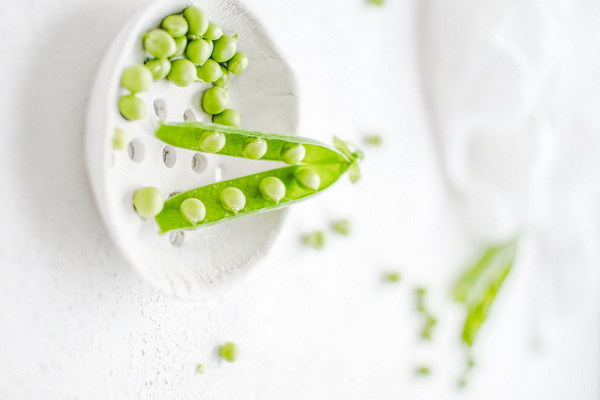Easing Dizziness, Palpitations, and Weakness Nutritional Remedies for a Spleen Deficiency
Introduction:
Spleen deficiency, a common traditional Chinese medicine (TCM) concept, refers to a condition where the spleen fails to perform its functions effectively, leading to symptoms like dizziness, palpitations, and weakness. While modern medicine may attribute these symptoms to various causes, TCM offers a holistic approach to treatment through diet and lifestyle adjustments. In this article, we will explore the best food choices to help alleviate the symptoms of spleen deficiency, including dizziness, palpitations, and weakness.
1. Foods Rich in Iron:
Iron deficiency is a common cause of anemia, which can result in dizziness and palpitations. Incorporating iron-rich foods into your diet can help improve these symptoms. Some excellent sources of iron include:
- Lean red meat (beef, lamb)
- Chicken
- Fish
- Tofu and tempeh
- Dark leafy greens (spinach, kale, Swiss chard)
- Dried fruits (raisins, prunes, apricots)

- Nuts and seeds (pumpkin seeds, sunflower seeds)
1. Foods High in Vitamin B12:
Vitamin B12 is essential for the production of red blood cells and maintaining a healthy nervous system. Including B12-rich foods in your diet can help alleviate symptoms of spleen deficiency. Some good sources of B12 are:
- Fortified cereals
- Fortified plant milks
- Yogurt
- Eggs
- Fish
- Beef
- Pork
1. Foods High in Vitamin C:
Vitamin C enhances the absorption of iron, making it a crucial nutrient for those with iron-deficiency anemia. Incorporate these vitamin C-rich foods into your diet:
- Citrus fruits (oranges, grapefruits, lemons)
- Berries (strawberries, blueberries, raspberries)
- Bell peppers
- Kiwi
- Spinach
- Broccoli
1. Foods that Strengthen the Spleen:
TCM suggests certain foods that can help strengthen the spleen and alleviate symptoms of spleen deficiency. These include:
- Brown rice
- Millet
- Sweet potatoes
- Oats
- Carrots
- Almonds
- Quinoa
- Green tea
1. Foods to Avoid:
While focusing on the right foods to eat, it's also important to avoid those that may exacerbate spleen deficiency. These include:
- Cold and raw foods: These can weaken the spleen and exacerbate symptoms.
- Highly processed foods: These are difficult for the body to digest, which can further strain the spleen.
- Excessive sugar and fat: These can lead to internal dampness and further weaken the spleen.
Conclusion:
Incorporating the right foods into your diet can help alleviate the symptoms of spleen deficiency, including dizziness, palpitations, and weakness. By focusing on iron-rich foods, B12 sources, vitamin C, spleen-strengthening foods, and avoiding certain foods, you can create a balanced diet that supports your overall health and well-being. Remember, it's important to consult with a healthcare professional or a TCM practitioner before making significant changes to your diet or starting any new treatment.









